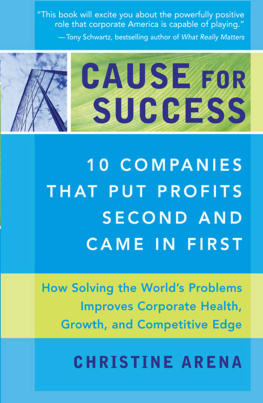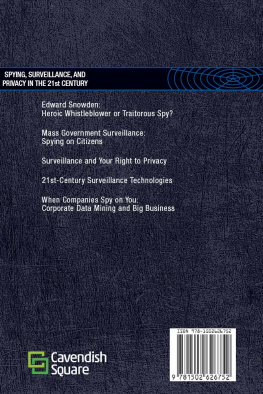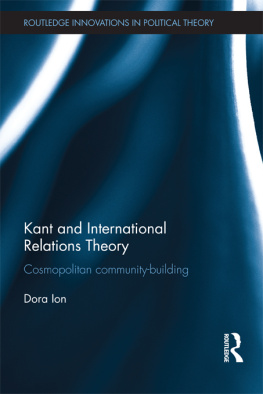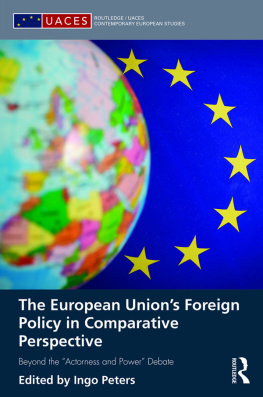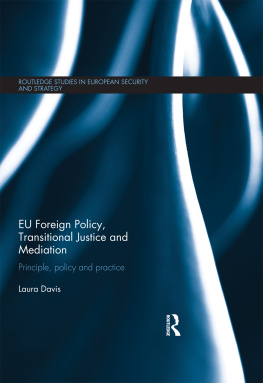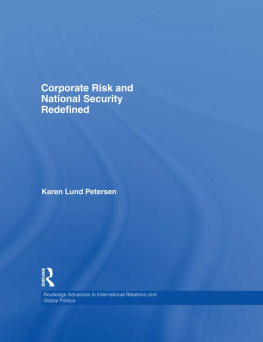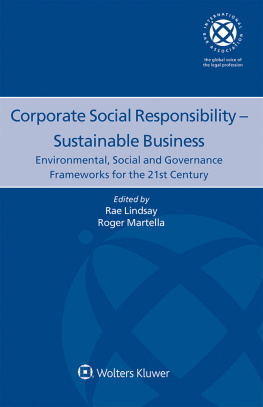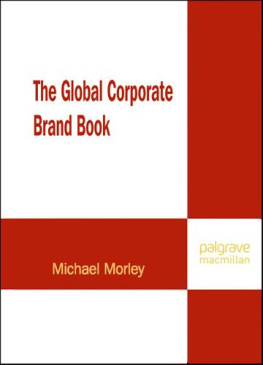THE DIPLOMAT IN THE CORNER OFFICE
Corporate Foreign Policy
Timothy L. Fort
STANFORD BUSINESS BOOKS
An Imprint of Stanford University Press
Stanford, California
Stanford University Press
Stanford, California
2015 by the Board of Trustees of the Leland Stanford Junior University. All rights reserved.
No part of this book may be reproduced or transmitted in any form or by any means, electronic or mechanical, including photocopying and recording, or in any information storage or retrieval system without the prior written permission of Stanford University Press.
Special discounts for bulk quantities of Stanford Business Books are available to corporations, professional associations, and other organizations. For details and discount information, contact the special sales department of Stanford University Press.
Tel: (650) 736-1782, Fax: (650) 736-1784
Printed in the United States of America on acid-free, archival-quality paper
Library of Congress Cataloging-in-Publication Data
Fort, Timothy L., author.
The diplomat in the corner office : corporate foreign policy / Timothy L. Fort.
Pages cm
Includes bibliographical references and index.
ISBN 978-0-8047-8637-9 (cloth : alk. paper) ISBN 978-0-8047-9660-6 (pbk. : alk. paper)
1. PeaceEconomic aspects. 2. Peace-buildingEconomic aspects. 3. CorporationsMoral and ethical aspects. 4. Business ethics. I. Title.
JZ5538.F668 2015
303.6'6dc23
2015010584
ISBN 978-0-8047-9670-5 (electronic)
Typeset by Thompson Type 10.9/13 Adobe Garamond
To KURINA, STEVEN, and THEO
In hope that in 2050 they will just shake their heads at what took us so long to figure outthis connection between business and peace
And, always, to NANCY
Contents
by Per Saxegaard
Foreword
When we say peace, we mean business, a delegate emphatically stated to a global gathering of business leaders, government officials, and other agents of change at the UN Global Compacts inaugural Business for Peace leadership platform in 2013. The newly created initiative aims to foster peace in the workplace, the marketplace and in society. Its creation and support by the global community is part of a growing recognition of the importance of peace to business, and vice versathe core of the very topic that makes The Diplomat in the Corner Office essential reading in a contemporary business environment.
The fact that business, for the most part, is benefiting from peace will not come as a revelation to most, as peace is prosperity. It is the recognition that business can be a powerful driver of peace that remains surprising to many. Over the last fifteen years, the role of business in contributing to peace has become the subject of increased interest, and Tim Fort has been in the academic forefront of this exploration, researching and convincingly arguing that a business presence in peace buildingthrough the idea of gentle (ethical) commercesolves a long-standing anthropological debate of whether human beings have become more or less peaceful over time. Discussing from perspectives of power and trust, Fort lays out a compelling case for the idea that the role of business in fostering peace is neither ancillary nor niche; instead it is germane to the way in which peace and prosperity have developed from the beginning of trade and into the twenty-first century.
As an investment banker and chairman of the Business for Peace Foundation, an international organization vested in promoting a business mind-set and actions supportive to building peace, I was more than intrigued by Professor Forts advanced thinking on the topic when we first met several years ago. A long career in business had taught me the value of business relationships and how these often can inspire strong bonds of trust and promote peaceful relations between people, irrespective of culture or background, in the most complex of situations. I had also been reflecting on the rapid penetration of the Internet and how its interconnectivity and transparency seemed to be harnessing trust as currency, making us increasingly more ethically connected.
In this changing paradigm, companies should see themselves as independent actors in a global and increasingly transparent and interconnected environment. This broadens the scope and complexity of powers with which a business must deal. Fort argues that a business increasingly must act with a sense of corporate foreign policy, proposing that companies can and should anchor themselves in a strategy of fostering peace. Such a strategy begins with attending to ones core constituents (shareholders, customers, and employees) and then extends to crafting a corporate foreign policy that diplomatically supports peace building.
Fort articulates three different approaches of engagement businesses can use to foster peace: peacemaking, peacekeeping, and peace building, with the last holding the most potential for an enduring reduction of violence and the creation of more just societies. Although some businesses entrepreneurially incorporate peace as a business goal, and many others recognize the instrumental value of peace building to their companies, most businesses still have no conscious intention of encouraging peace.
But, as Fort argues, these engagements will constructively contribute to the goal by their ethical and just business actions. These unconscious peace builders tend to be ignored in practice but may provide the bulk of the culture-building practices of companies that can have an impact on peace. Fort convincingly argues that it is commerce that is gentle (ethical) that has the strongest capacity to this end.
It is nevertheless a fact that societys perception of business activities has developed negatively during the last decenniums. Many would characterize this perception as colored more by distrust than by trust. Increasingly, business has been profiled as a source of conflict, rather than as a force of good. Society has often viewed business as profiting at its expense, rather than contributing to its benefit. Many look on the current business and economic paradigm as unsustainable for humans as well as for nature; they see a rising economic inequality threatening both the sense of fairness in society as well as undermining the postwar decades of prosperity. They observe economic activities as also being culpable for a degradation of our life-depending ecosystem.
How do we explain that business appears to have the capacity of being a force in building trust and peace, although society seems to focus on the opposite? If possible positive capabilities of business activities are conditioned both by how one goes about doing business, as well as what one is doing, the understanding of what drives this behavior will be of importance. How, then, should thinking about the purpose of business affect its actions?
Different perspectives of the purpose for being in business might lead to quite different implications. Over the last fifty years, maximizing shareholder value has increasingly been the defining agenda for managing a business. Reflecting on why business has become the villain in the story, and why it is often seen as the cause of conflict, makes me wonder if important parts of the reason can be found in such one-sided financial thinking. Might it be that societys distrust of the greater intentions of business (green-washing, CSR initiatives, and the like) in fact has some truth to it? That financial priorities have led business to profit at the expense of society, and have been conducive to creating conflicts, whether unintended or not? If so, this is short-term thinking. No long-term value can be built if there are not multiple winners.
Next page


